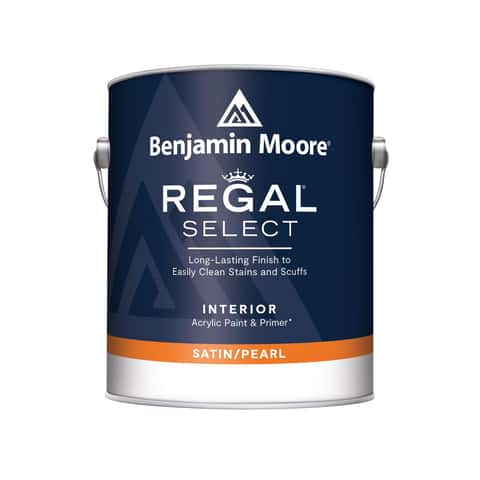
Gastric pain is a symptom rather than a disease in and of itself, and it can be an indicator of several infections that are often minor but can also be moderate or severe. The term “gastric” is frequently used in Singapore to describe stomach pain or discomfort.
What Brings About Gastric Pain?
Gastric pain can have causes that range from minor. Here are a few typical (and uncommon) reasons for gastric pain :
Indigestion (Dyspepsia) (Dyspepsia)
In their lifetimes, the majority of people will have dyspepsia at least occasionally. It is an unpleasant feeling of fullness in the upper abdomen shortly after eating. It may cause gastric pain.
In addition to certain trigger meals like spicy, oily, and fatty foods, overeating or eating too quickly can also cause indigestion. If you exercise right after a large meal or lie down too soon after eating, your body may have a time digesting the food, which raises your risk of experiencing abdominal pain. Indigestion may also be a side effect of several drugs, such as non-steroidal anti-inflammatories.

Flatulence (Gas)
Gas, during the normal digestion process. Bloating is swelling and can be caused by a buildup of gas. You might experience increased gas buildup or flatulence after consuming certain foods, such as beans, garlic, cauliflower, and other high-fibre foods.
This type of gastric pain typically comes in waves, disappears quickly, and is not alarming. Activated charcoal and Pepto-Bismol are over-the-counter drugs that can help ease discomfort.
Treatment for Gastric Pain
Treatment for typical stomach ache
Non-ulcer dyspepsia is the most common cause of upper abdominal stomach pain that many Singaporeans suffer.
For all organic causes of gastrointestinal pain, doctors at the Department of Gastroenterology & Hepatology at Singapore General Hospital (SGH), a component of the SingHealth group, refer to it as non-ulcer dyspepsia, also known as functional dyspepsia.
Treatment for non-ulcer dyspepsia
Non-ulcer dyspepsia causeS stress, so doctors may recommend low doses of antidepressants and anxiety medications to aid with symptoms. Frequently provided is medication to lower stomach acid. There are two categories of pharmaceuticals that reduce gastric acid:
Omeprazole, lansoprazole, pantoprazole, rabeprazole, and esomeprazole are examples of proton pump inhibitors (PPIs), which are also known as. Citalopram, ranitidine, nizatidine, and famotidine are examples of H2 blockers, often known as histamine-2 blockers. They both assist in reducing the quantity of stomach acid production, although they operate in ways.








